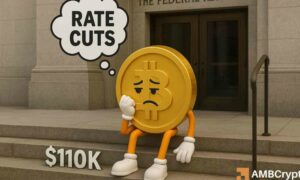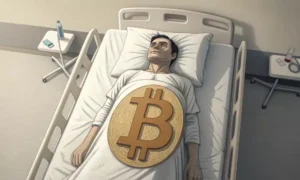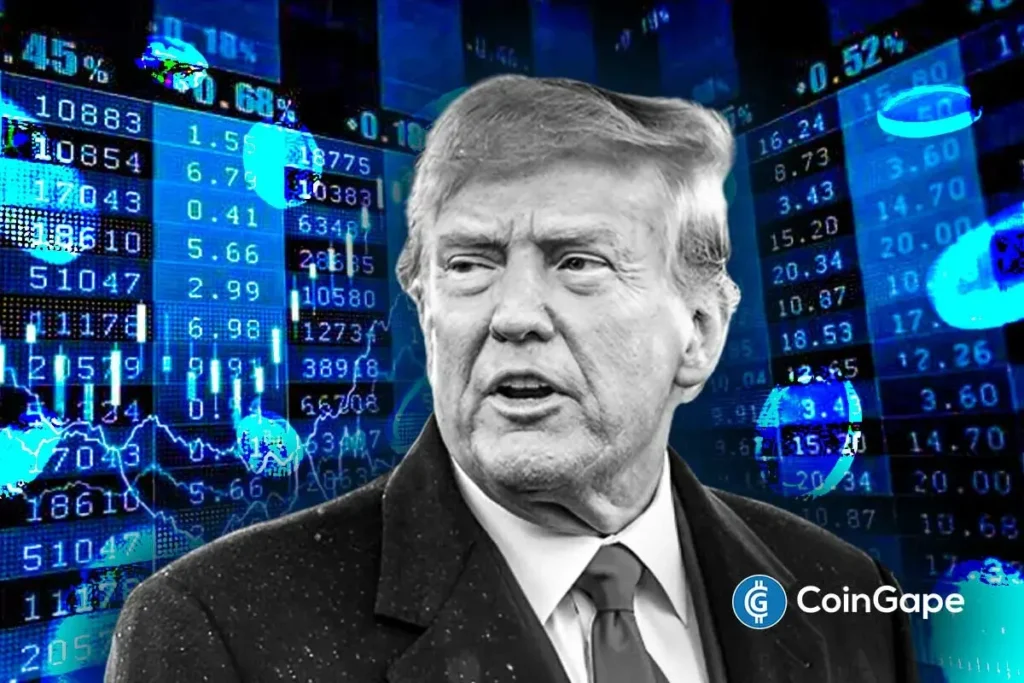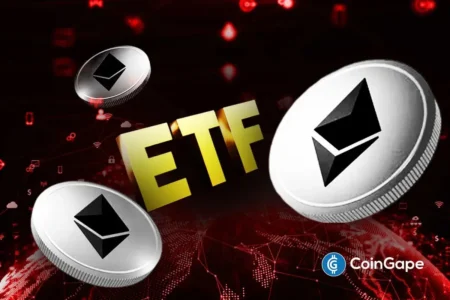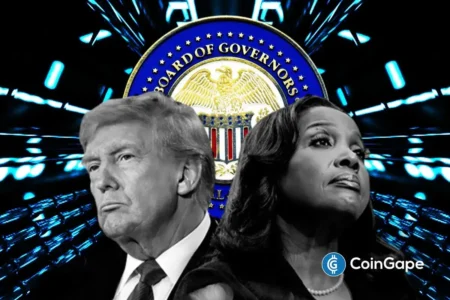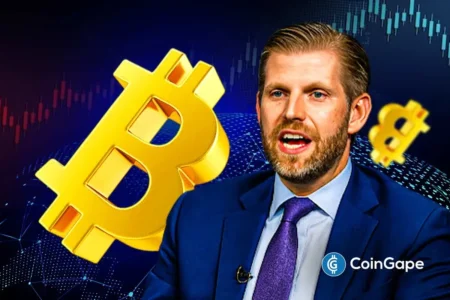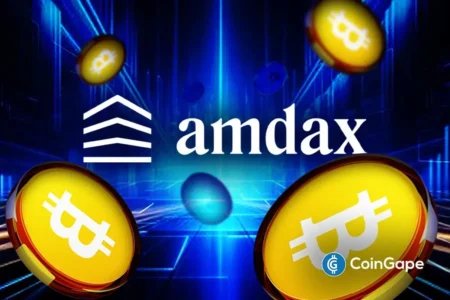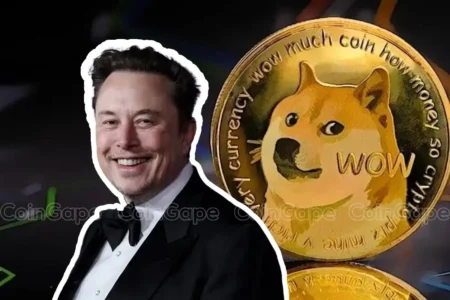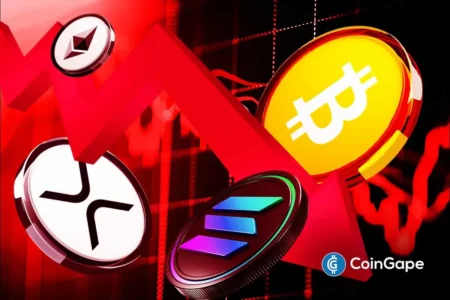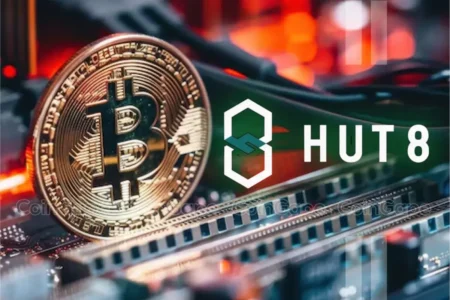The Impact of Rumors: How Trump’s Death Speculation Affects the Crypto Market
In the volatile landscape of the cryptocurrency market, buzz-driven narratives can have significant repercussions. Recently, the speculation surrounding the health of former U.S. President Donald Trump, sparked by alarming hashtags like “Trump is Dead,” has sent ripples through the crypto community. This article explores the causes behind these baseless rumors, their implications for cryptocurrency investors, and the broader effects on market dynamics.
Understanding the Speculation
The speculation about Trump’s death circulated intensely on social media platforms, particularly X (formerly Twitter). Hashtags such as “Trump is Dead” and “Where’s Trump” became trending topics, leading to an uptick in Google searches related to the former president’s health. This surge in curiosity has not only instigated fear among the public but significantly affected the sentiments of cryptocurrency investors. Various drivers have propelled these rumors, including health concerns related to Trump’s age, episodes of the popular show "The Simpsons," and statements made during interviews.
The Simpsons Connection
One of the intriguing aspects fueling these rumors is the perceived predictive quality of "The Simpsons." Fans of the series recall episodes portraying events that seem to foreshadow real-life occurrences. Recently, clips reportedly depicting a character resembling Trump collapsing due to health issues went viral. Although these clips were ultimately fan-edited and not from the original series, they managed to amplify the speculation about Trump’s potential demise, intertwining entertainment with real-world implications.
Health Concerns of Donald Trump
At 79, Trump’s age raises valid concerns regarding his health. Official disclosures have indicated that Trump suffers from Chronic Venous Insufficiency (CVI), a condition that could exacerbate various health issues. However, a cardiac evaluation revealed him to be in overall good health. Notably, his absence from public engagements further fueled rumors. Many speculated that he might not appear publicly due to a significant golf tournament or, more ominously, health challenges.
The Role of JD Vance’s Interview
During an August 27 interview, Vice President JD Vance made comments that unintentionally escalated speculation. His phrasing, which suggested that a “terrible tragedy” could provide “on-the-job training,” created an atmosphere of uncertainty regarding Trump’s health. While Vance attempted to reassure the public about Trump’s condition, his words only added to the prevailing discourse questioning Trump’s vitality. This situation is not new; previous misinformation about Trump’s health that circulated on social media had also led to public anxiety.
Is Trump Actually Dead?
Despite the swirling rumors, reliable sources confirm that Trump is not dead, nor is there any credible evidence supporting such claims. Assertions about his health, particularly those linked to fan-edited "Simpsons" clips, lack authenticity. Importantly, Trump’s condition, while warranting attention due to age-related risks, is not life-threatening. Public reassurances from reliable sources emphasize that the speculation is unfounded.
The Crypto Market Response
Although these rampant speculations are baseless, they significantly impact the crypto market, showcasing how quickly investor sentiment can swing. Shortly after the rumors spread, almost $400 million was liquidated from the cryptocurrency market. Many tokens faced declines as investor confidence dropped, reflected in a shift toward a "Fear" status on the Fear and Greed Index for the first time in over a month. Additionally, ongoing economic factors, including U.S. PCE data and tariff disputes, have increased uncertainty in trading actions.
In summary, uncontrollable rumors can catalyze substantial impacts on financial markets, especially in the unpredictable domain of cryptocurrency. As investors remain wary following the "Trump is Dead" speculation, it is critical to rely on verified information rather than sensational narratives. The intersection of celebrity, media, and market psychology serves as a reminder of the power and volatility of public perception in today’s interconnected world.
